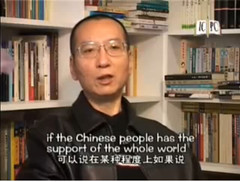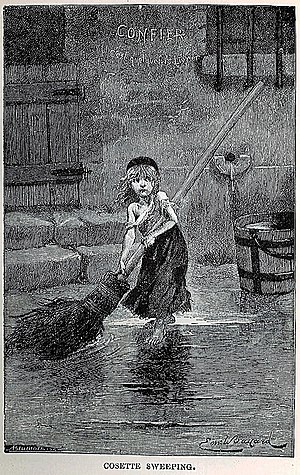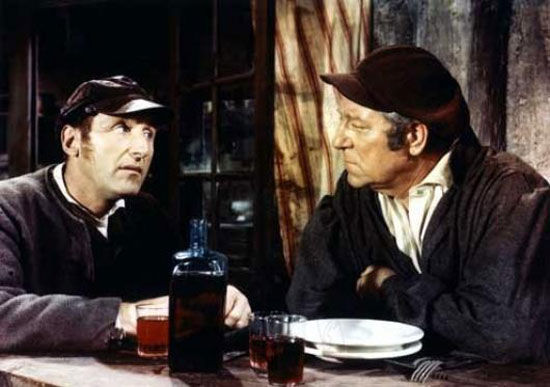 Image by k-ideas via Flickr(From Mist of Metaphysics)
Image by k-ideas via Flickr(From Mist of Metaphysics)If the Crucifixion was the most shocking moment of Christianity, the thoughts of St. Augustine is the most unforgettable thoughts of Dark Age. The misery revealed by these two (persons) has been hunting human being until today. We must admit, this revelation is a brutal braveness, and a cruel awakening. (P116)
Discovering mysteries of nature by science was not only marked by several "natural principles" - in terms of anti-metaphysics - but changing human's belief. However, in modern history, the thinking style of human has not yet got rid of monism, hence scientism created a new God, new "metaphysics" - a rational, scientific myth. To destroy this myth, was the task of modern philosophy. (P124)
In the world there has never been "absolute lightness" and "absolute darkness". "Absolute" is the synonym of "hypocritical". (P124)
Having been broken the bound of religions and metaphysics, what human could do to conquer nature, develop life and get rid of the tragedy of human itself? This is the task of modern philosophy. In other words, a nature without the power of God, an individual without command of authority, how human could define himself? From this perspective, modern philosophy is not about God, nor about Nature, but Human himself. (P127)
There was a phenomenon, consisted of two contradictory attitudes - an objective empirical view toward the nature on one hand, a transcendantal or almost religious attitude toward the world on other hand - would co-exist within a single mind of a single philosopher... Maybe, human could never get rid of this dualism - swing back forth forever in between soberness and mystery. (P127)
Modern "philosophy of life" meant to destroy the rationalism which started from Socrate, Christianity and Hegelianism; "scientific philosophy" meant to destroy the empiricism from Bacon to Newton. So the anti-metaphysics is virtually anti-absolutism in many forms, ideas, "God", reason, experience, or science, whoever goes to absolute, whoever will receive challenge from anti-metaphysics. (P131)
Discovering mysteries of nature by science was not only marked by several "natural principles" - in terms of anti-metaphysics - but changing human's belief. However, in modern history, the thinking style of human has not yet got rid of monism, hence scientism created a new God, new "metaphysics" - a rational, scientific myth. To destroy this myth, was the task of modern philosophy. (P124)
In the world there has never been "absolute lightness" and "absolute darkness". "Absolute" is the synonym of "hypocritical". (P124)
Having been broken the bound of religions and metaphysics, what human could do to conquer nature, develop life and get rid of the tragedy of human itself? This is the task of modern philosophy. In other words, a nature without the power of God, an individual without command of authority, how human could define himself? From this perspective, modern philosophy is not about God, nor about Nature, but Human himself. (P127)
There was a phenomenon, consisted of two contradictory attitudes - an objective empirical view toward the nature on one hand, a transcendantal or almost religious attitude toward the world on other hand - would co-exist within a single mind of a single philosopher... Maybe, human could never get rid of this dualism - swing back forth forever in between soberness and mystery. (P127)
Modern "philosophy of life" meant to destroy the rationalism which started from Socrate, Christianity and Hegelianism; "scientific philosophy" meant to destroy the empiricism from Bacon to Newton. So the anti-metaphysics is virtually anti-absolutism in many forms, ideas, "God", reason, experience, or science, whoever goes to absolute, whoever will receive challenge from anti-metaphysics. (P131)
In terms of thinking style, believing all knowledge must come from experience is the same as believing all knowledge must come from God. (P136)





